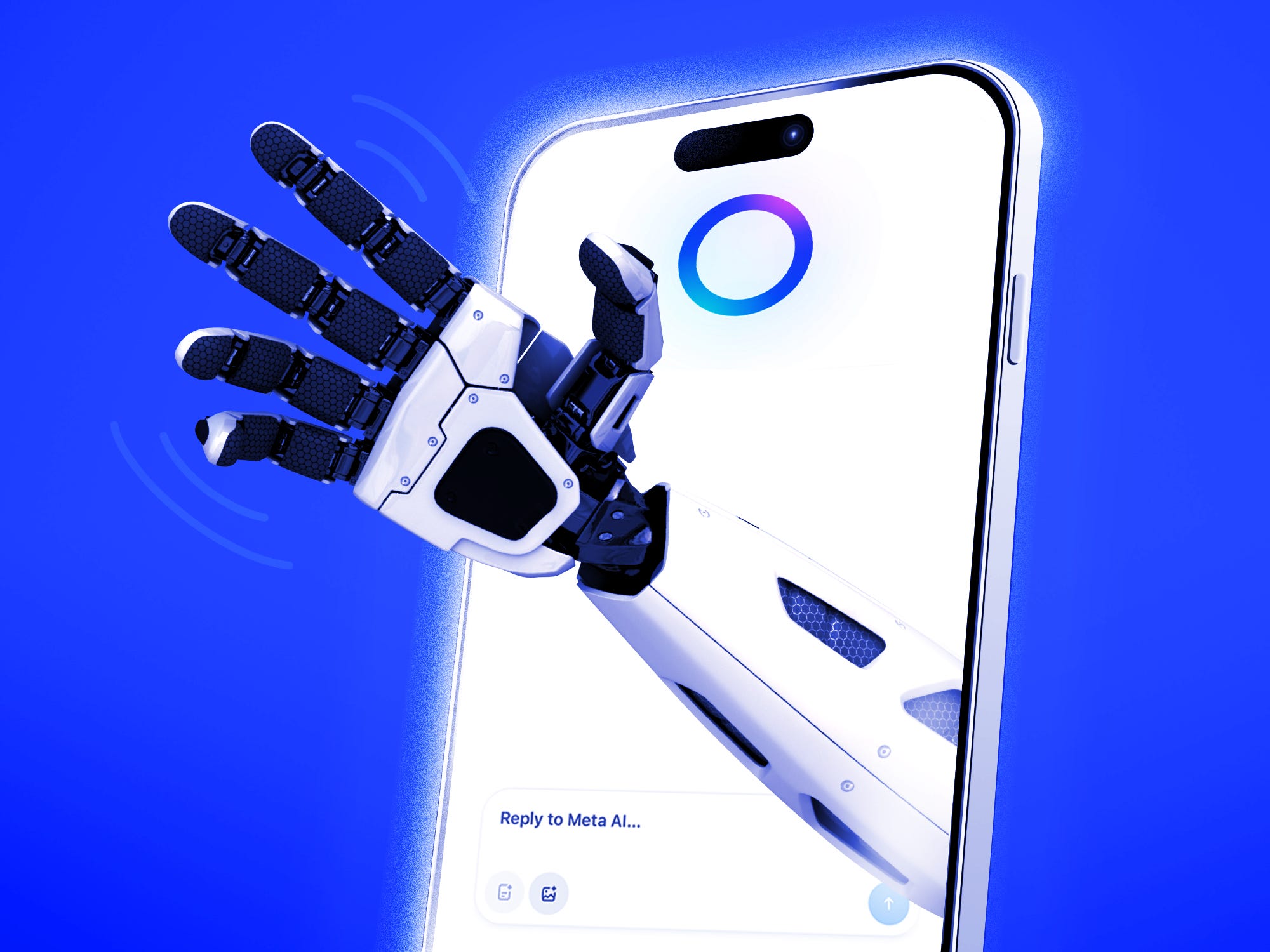Leaked Docs Reveal Meta's Plan to Train Chatbots That Message You First and Keep Conversations Going

Meta is pushing the boundaries of AI interaction by developing chatbots capable of initiating unprompted follow-up conversations with users. This effort, aimed at enhancing engagement on its platforms, involves training custom bots to remember past interactions and respond in a personalized manner. The initiative is part of Meta's broader strategy to create digital companions that can mimic human-like conversation and maintain context across multiple exchanges.
The development work is being supported by Alignerr, a data labeling firm contracted by Meta. Internal documents obtained by Business Insider reveal that the project, known as "Project Omni," focuses on making AI interactions more meaningful and valuable for users. By encouraging re-engagement and improving user retention, Meta hopes to keep people active on its AI Studio platform — a tool launched in summer 2024 that allows anyone to build personalized chatbots without coding.
One example from the training materials features a persona called "The Maestro of Movie Magic" sending a follow-up message:
"I hope you're having a harmonious day! I wanted to check in and see if you've discovered any new favorite soundtracks or composers recently. Or perhaps you'd like some recommendations for your next movie night? Let me know, and I'll be happy to help!"
This level of personalization reflects Meta’s ambition to make AI feel more human. As CEO Mark Zuckerberg has previously noted, many Americans report having fewer than three close friends, suggesting that AI companions could serve as emotional substitutes in a digitally connected world. He has referred to this trend as a potential solution to what he calls the “loneliness epidemic.”
How These Bots Work
Users can design chatbots tailored to specific roles — such as a chef who recommends recipes or an interior designer offering decor advice. Influencers and creators can also use these bots to manage fan interactions across Meta’s platforms, including Instagram and Facebook. Importantly, these follow-ups only occur after a user initiates a conversation, and the bot will stop messaging if there's no reply within 14 days. To qualify for proactive messages, a user must have exchanged at least five messages with the bot in the past two weeks.
The bots can remain private or be shared publicly via stories, direct links, or even displayed on a user’s profile page.
Training Realistic Interactions
Contractors working on Project Omni simulate extended dialogues with the bots using Meta’s internal review tool called SRT (Simulated Response Tool). They rate the quality of follow-up messages and refine responses that don’t meet company standards. A freelancer based in India described the process as meticulous: “They’re very focused on personalizing information — how the AI chatbot interacts based on conversation history.” Each bot must stay true to its assigned persona, whether it’s a doctor, a Gen Z commentator, or a fantasy character inviting users back into a narrative.
Training guidelines emphasize that every message should: * Reference prior conversations * Maintain consistency with the bot’s personality * Avoid sensitive topics unless initiated by the user * Promote positive experiences
Example prompts from the training documents include: * “We last were in the Forbidden Forest. A darkness lurks inside the cave before you. Will you return to face it?” * “Yo, was just thinking about the cool shirt you bought. Found any other vintage pieces at the thrift?” * “Hey, thinking of you. I hope work has been better today! Here to talk if you need it.”
These examples show how deeply contextualized and emotionally resonant the bots are expected to become.
Strategic and Financial Motivations
Beyond emotional engagement, there's a clear business incentive behind this push. Retaining users is crucial for companies offering generative AI services. The longer people interact with a chatbot, the more valuable those interactions become — especially when monetization models rely on usage metrics. Court documents revealed in April suggest that Meta expects its generative AI products to generate between $2 billion and $3 billion in revenue by 2025.
Meta isn't alone in exploring proactive AI personalities. Competitors like Character.AI already allow users to interact with AI-powered versions of celebrities or fictional characters. However, Meta’s integration across its major platforms gives it a unique advantage in scaling these tools to millions of users.
Ultimately, the goal is not just to replicate human conversation but to enhance it — creating bots that understand context, remember preferences, and offer companionship in increasingly sophisticated ways.
Post a Comment for "Leaked Docs Reveal Meta's Plan to Train Chatbots That Message You First and Keep Conversations Going"
Post a Comment